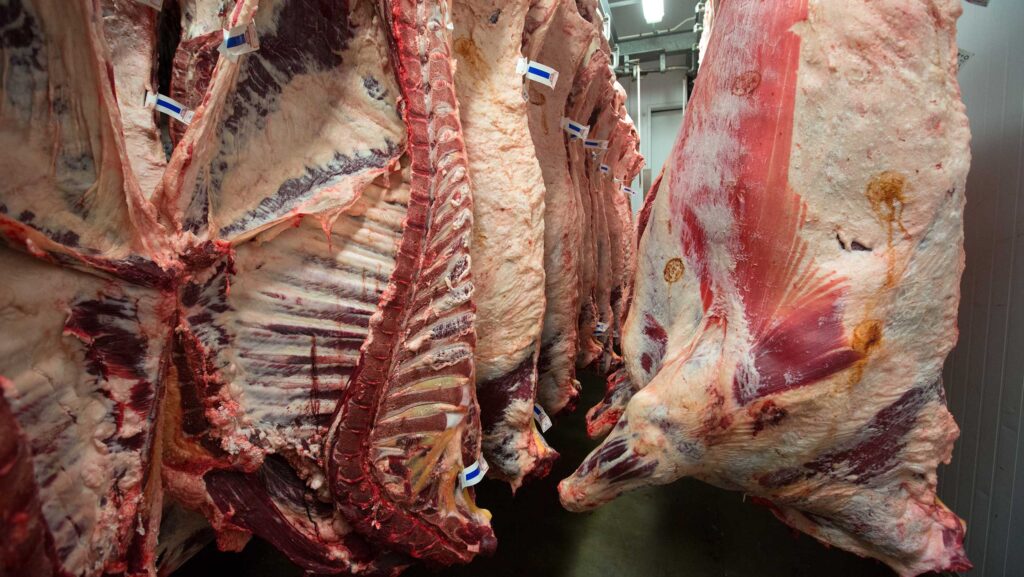EU grants UK ‘negligible risk’ status for BSE, boosting exports
 © Tim Scrivener
© Tim Scrivener The EU Commission has officially recognised the UK as having “negligible risk” status for bovine spongiform encephalopathy (BSE), a decision which should open the door for British exports to the Continent.
The move ends almost 30 years of EU import restrictions, introduced during the BSE crisis in the 1990s.
Scottish agriculture minister Jim Fairlie said: “Our position in international markets will be strengthened.
“I have no doubt this acknowledgement will further increase confidence in our livestock and beef exports.”
See also: UK beef set for export growth after BSE risk downgrade
EU member states voted in favour of granting the status after the World Organisation for Animal Health formally reclassified the UK in May 2025, following decades of stringent controls, surveillance and compliance across the livestock sector.
Boost in confidence
The British beef sector could benefit from a significant boost in global confidence and market access, too.
“It opens up export opportunities, long closed to us, for high-value products like oxtail, mesenteric fat and mechanically separated meat, which are in strong demand across the Continent, but not in Britain,” said British Meat Processors Association chief executive Nick Allen.
He added that it has been a long journey for the UK beef industry to reach this status, and everyone involved in the industry “should be proud of everything that has been done to achieve this”.
Sarah Millar, chief executive at Quality Meat Scotland (QMS) said it presents a fantastic opportunity to add more value to the Scottish beef sector.
“Our recent export survey highlighted record exports of £164 million over the past year, up 19% in value and 4% in volume. Clearly, there is strong demand for Scotch Beef and Scotch Lamb across Europe, so this recent achievement should only add to confidence for our livestock and beef exporters,” she said.
Benefits
The change to legislation, effective from 4 November, will reduce unnecessary costs and complexity in the supply chain, facilitate market access, and support long-term growth in both domestic and export trade.
The change should also cut waste disposal costs.
For example, mesenteric fat, which is currently classified as waste and incinerated at the company’s expense, will now be eligible for export.
According to the NFU, it could deliver an estimated additional £10m/year to the sector.
Fifth-quarter products and some high-value bone-in cuts, which are highly sought after in certain markets, but not widely consumed in Britain, could once again be exported, adding further value to the supply chain.
National Beef Association chief executive Neil Shand added: “This comes at a time when global demand is amazing and it will open more doors to export our quality British beef.”
